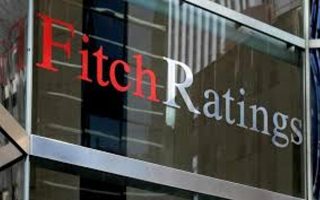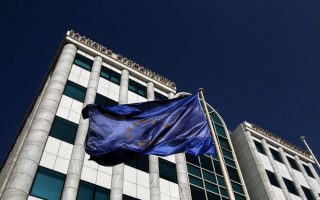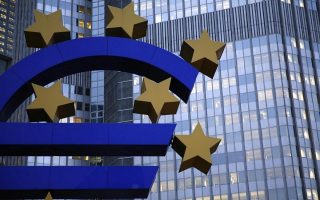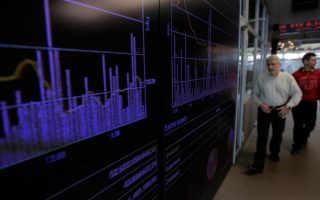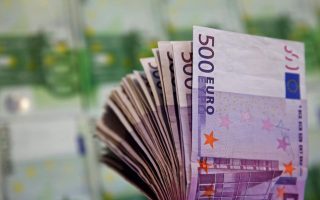‘It’s ancient history’: forward-looking investors mull new Greek bond foray
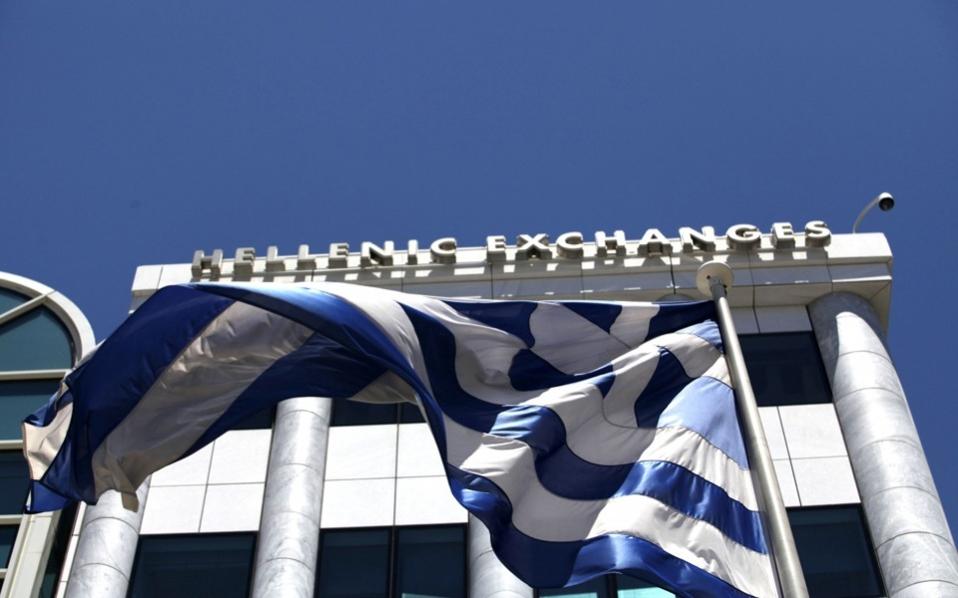
Fund managers, some of whom lent money to Athens in an ill-fated return to markets two years ago, are considering buying another bond planned for next summer.
With the highest debt to GDP ratio in the eurozone, and on its third international bailout since sinking into crisis in 2009, Athens is hoping to regain access to capital markets next year to signal that it is getting back on its feet.
Its only other recent foray into markets in 2014 proved to be a false dawn: the prices of those bonds quickly tumbled and are still below their sale price, suggesting some funds could still be nursing losses.
But with recent data showing Greece's economy on the mend, and the prospect of its debt soon being eligible for the European Central Bank's bond-buying scheme, past experience alone is unlikely to deter investors.
"2014 feels a long, long time ago … It's ancient history from our point of view," said Andrew Wilson, EMEA CEO of Goldman Sachs Asset Management, who said his firm had bought bonds from Greece in 2014, which they have since sold.
"Everything has got to be forward-looking and you have got to say 'What is the opportunity? What are the risks?' … But it has got nothing to do with what you did a year ago, two years ago, five years ago," he said, adding he would not rule out buying a new Greek bond.
The five-year and three-year bonds sold by Greece in 2014 more than halved in value the following July as the newly-elected leftist government held fraught talks with creditors that nearly pushed the country out of the eurozone. Both bonds till trade below the original sale price.
But for all the risks attached to Greek debt, they offer the prospect of returns long-forgotten in a world where the value of debt has soared as central banks have slashed interest rates and bought bonds to prop up their flagging economies.
JPMorgan Asset Management's head of rates, David Tan, said this environment of ultra-low rates was one reason why his firm may contemplate investing in Greek bonds for the first time in over five years.
Greek 10-year bonds yield just over 8 percent, well below the 19 percent level seen in mid-2015, but still above the 6 percent seen when Athens returned to markets in 2014.
"We would be prepared to consider investing in Greek government bonds," said Tan. "There has got to be a degree of looking backwards and learning from past experiences but on the whole investors need to be forward-looking."
Broader appeal
The most adventurous of investors, hedge funds, are already eyeing opportunities in Greek banks and stocks, predicting a recovery after seven years of crisis.
In a sign of that turnaround, Greece's central government registered a primary budget surplus of 3.57 billion euros in the first seven months of 2016, data on Tuesday showed, well above its 874 million euro target. Growth data for the second quarter also beat economists' forecasts.
But the broader appeal of Greek government debt hinges on Greece's ability to stick to the terms of its latest bailout.
A successful review in October could see Greek bonds become eligible for the European Central Bank's quantitative easing scheme, while it would also keep Athens on track for future debt relief.
Rabbani Wahhab, a senior fixed income portfolio manager at London and Capital said he was "hit quite badly" on his holdings of Greek bonds about a year ago and has since sold them.
But he said Greek bonds "might look a bit more interesting" if yields were to fall further because of factors like QE inclusion.
One reason a new bond sale could prove popular is that funds struggle to invest in Greek debt because many of the government's loans are with official institutions such as the International Monetary Fund while Greek banks hold much of the tradeable debt for regulatory purposes.
When Greece issued a five-year bond in early 2014, the fastest return to market of a defaulted sovereign, more than 20 billion euros of orders were placed from over 550 investors. [Reuters]
